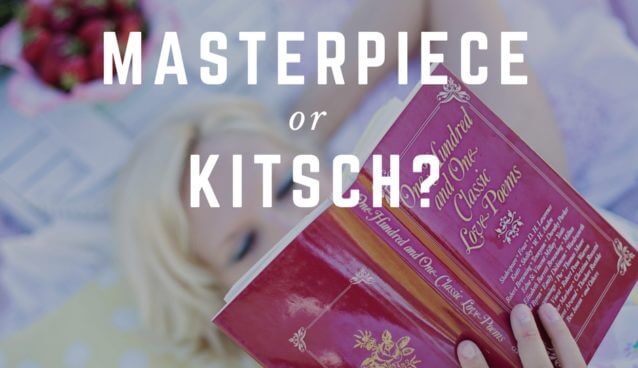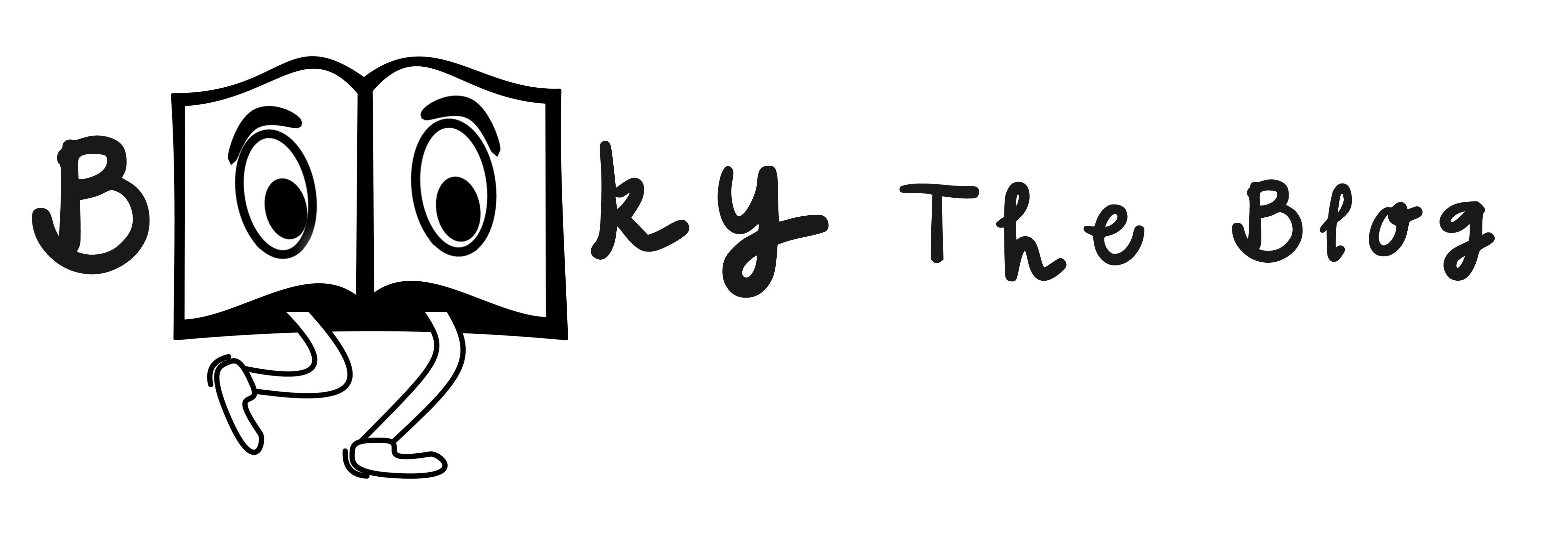What is the difference between masterpiece and kitsch?

I am a huge fantasy fan, but lately, when I go to bookshops (yes, I’m old-fashioned), I’m very disappointed. 99,9% of books I take in my hands, I put back on the shelf. Why? The reason is always the same – I already read it. And I don’t mean this particular book. It’s the same story with different names. Does it only apply to fantasy? No. Mystery, thriller and all other kinds – it’s so difficult to find something new.
For example, have you seen ‘Avatar’? I know it’s a movie, but it’s very probable most of you have seen it and it’s the perfect example. Didn’t you have the feeling it’s the story of Pocahontas, just the names and the planet have been changed? Because I did and I don’t like knowing what happens next. I prefer surprises.
Learn from neurology
Did you know that in our brain there is a part called the ‘reptilian brain’? It’s a part responsible for the basic reactions and it filters the information that arrives to further parts of the brain. In other words – the reptilian brain decides whether to proceed the particular piece of information further or if to forget it. If the information doesn’t pass the reptilian brain, it won’t arrive to the more advanced parts of the brain, thus won’t be analyzed from the logical etc point of view. How can an information pass this strict control? Making the things simple, the ‘reptilian brain’ cares only about two things: is it new/interesting? or is it dangerous? If the piece of information doesn’t belong to any of these, it simply doesn’t proceed it further. How can it be useful for you as a writer? The first thing the readers look at the book is its description, so make sure it’s interesting and new. Of course, the whole book also has to be innovative, or they will stop reading after a few pages.
Steal like an artist
How can I always invent something new, if everything has already been invented? – you may ask. There’s an interesting book by Austin Kleon – ‘Steal like an artist’. The author analyzes how artists throughout centuries were influencing each other and using each other’s ideas to create something original. I strongly suggest you read this short book, as the examples given are very interesting and show that ‘new’ often means ‘reworked’.
Lately I’ve read Dorian Gray. Have you noticed how small the line between masterpiece and kitsch is? The story is very interesting, but it could easily turn out as another zombie/vampire-like story. However, it became a masterpiece and an important book in the story of literature. Why? What did Oscar Wild understand that so many authors can’t catch? First of all, it was probably his genius or another divine element. (Watch an interesting speech of Elizabeth Gilbert – the author of ‘Eat, pray, love’ – about genius and creativity and you’ll never look at these things the same again). I think what made a difference with ‘Dorian Gray’ was that Wild was a very good observer of human behaviors. Just like Woody Allen or Roman Polański (have you seen ‘Carnage’ or ‘Wonder Wheel’?). Simple stories, with deep and thorough analysis of human psychology become unforgettable masterpieces. Somewhere I read an interview with a waitress from a cafeteria in Paris where Polański often goes to. She said he just sits and watches. And he seems to be seeing differently than anybody else. In my opinion that is the point! Going around, I look at people and what do I see? They don’t watch, they don’t listen. You can see and hear amazing stories even on a bus going to work, but you have to be open to them! Instead, most people just stare at their smartphone screen or have their ears covered with headphones. Whereas, a way to work can be the time of calming down and relaxing your brain. Opening for new ideas. Haven’t you noticed that the best ideas come to your mind when you’re not trying to figure them out?. When you just let your thoughts flow? (Another interesting, neurological subject. For example, I wrote this article lying in bed when I was going to sleep, but this idea came to my head and I just couldn’t resist but write it down). Or have you noticed that a piece of information you accidentally hear turns out to be very valuable? These little pieces, observations and flows of ideas are what can add something special to the often cold logics of storytelling strategies. But if you are not open for them, if you don’t watch nor listen, how should they come to your mind? And if they have no way to get in, how can they ever go out in a deeper form?
Trick?
One last thing you should consider while writing your book. Your readers are not idiots. You really don’t have to explain them everything! I know, you fear they won’t catch the message, bla bla bla, but the truth is, we get attracted to things we have to figure out ourselves. If we see a picture and it’s immediately clear to us what it shows, we don’t really care much. But if we see an image that needs some attention to find out what is there – that’s when we’re interested (the reptilian brain is working). That is one of the reasons why James Patterson is a best-selling writer. He just got it! When we have to guess, fill some missing pieces of information with our imagination, check if our suspicions were right – that’s what engages us! Don’t take away this pleasure from your readers! Doze it well and they will love you!
It’s difficult to definitely answer the question what the difference between masterpiece and kitsch is. These are my ideas, based on experience and research. But a masterpiece is a term almost undefinable. Do you have your ideas about this subject? Have you found some article/video/book that changed your point of view on this issue? Share your thoughts in the comments.

2 thoughts on “What is the difference between masterpiece and kitsch?”